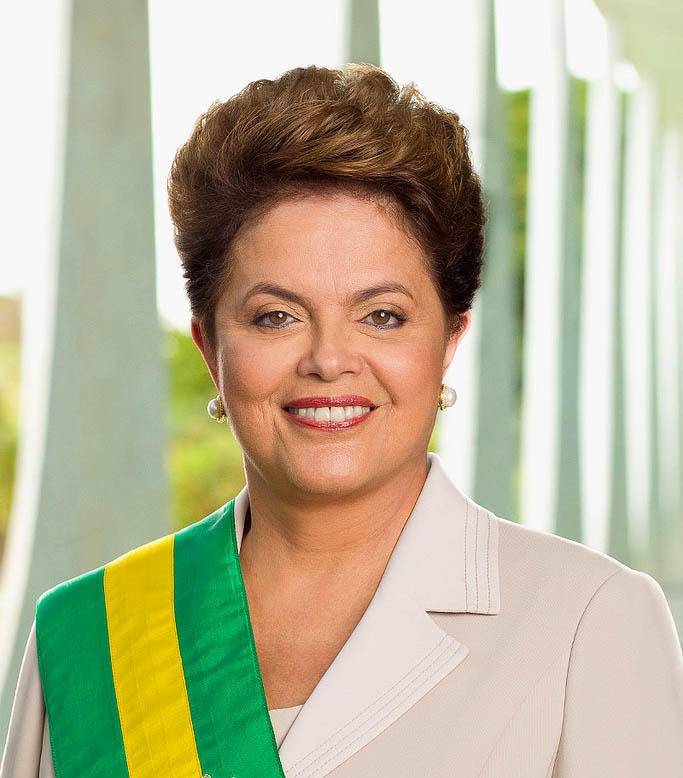By Katie Ellington, Staff Writer
Brazil has a new president, but its problems are far from over.
Former Brazilian President Dilma Rousseff was officially removed from office on Aug. 31, following an impeachment vote of 61-20. The new president is Michel Temer, Rousseff’s former vice president who took office after she was suspended in May.
Many blame Rousseff for Brazil’s recession, which is the longest the nation has experienced since the 1930s. According to TIME, Brazil’s GDP has fallen for six consecutive quarters. CNN reports that the national debt is equivalent to $72.5 billion and that the unemployment rate is just below 11 percent, meaning approximately 11.6 million Brazilians are out of work. The economy has seen a slight boost since Temer took office in May; the president hopes he can lower the unemployment rate during his time in office.
“This is a moment of hope, to rebuild trust in Brazil,” Temer said after being sworn in. (SOURCE) “Uncertainty has come to an end. It’s time to unify the country.”
[perfectpullquote align=”right” cite=”” link=”” color=”” class=”” size=””]
“Many blame Rousse for Brazil’s recession, which is the longest the nation has experienced since the 1930s.”
[/perfectpullquote]
Despite talk of unity, the Brazilian people seem hesitant to trust any government official. Shortly after Temer became president, polls showed many Brazilians would rather hold new elections immediately instead of waiting until the next general election in 2018. Rousseff saw her approval ratings drop from 79 percent in March 2013 to a mere 10 percent in March 2016, according to the BBC. The Wall Street Journal reported that Temer’s approval rating was around 12 percent in a recent poll. He was booed during the open ceremony of the Rio Olympics.
Much of the disgust that Brazilians have with their politicians is due to a corruption scandal that continues to affect leaders from various parties. In the last two years, more than 100 people, most of them prominent political leaders or businesspeople, have been arrested for potential involvement in a $3 billion scheme. Petrobras, a state-run oil company that was once chaired by Rousseff, has allegedly been paying kickbacks to those involved. Both Rousseff and Temer have denied involvement and neither have been personally implicated.
According to the BBC, Rousseff was impeached because she moved money between government budgets. Her critics have accused her of covering up the extent of the national debt and using bribe money to fund her campaign for reelection. Rousseff became Brazil’s first female president in 2011 and barely won reelection in 2014.
Rousseff called her impeachment a coup and denied any wrongdoing.
When the process of impeaching her began in May, she said, “I have made mistakes, but I have not committed any crimes. I am being judged unjustly, because I have followed the law to the letter.”


